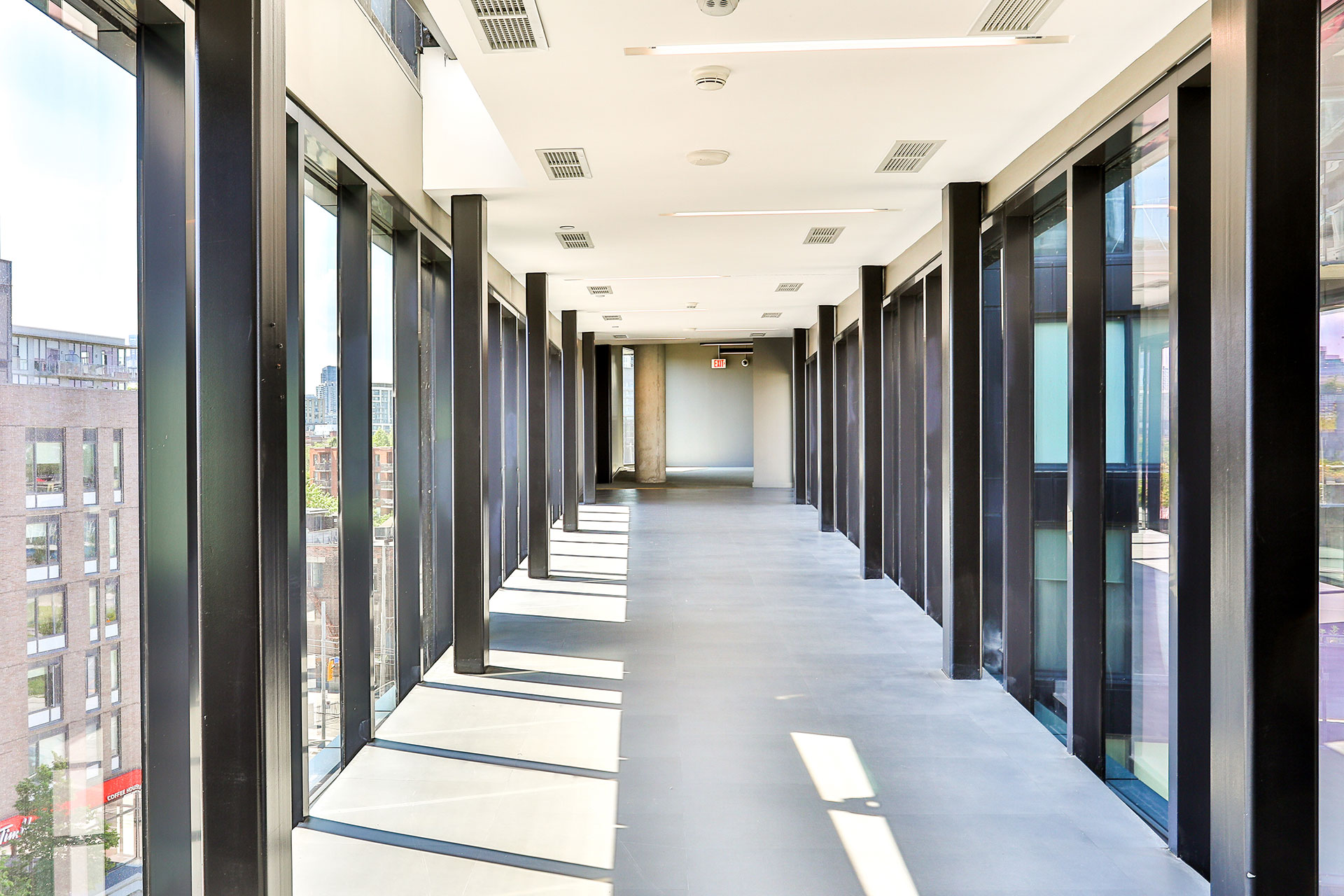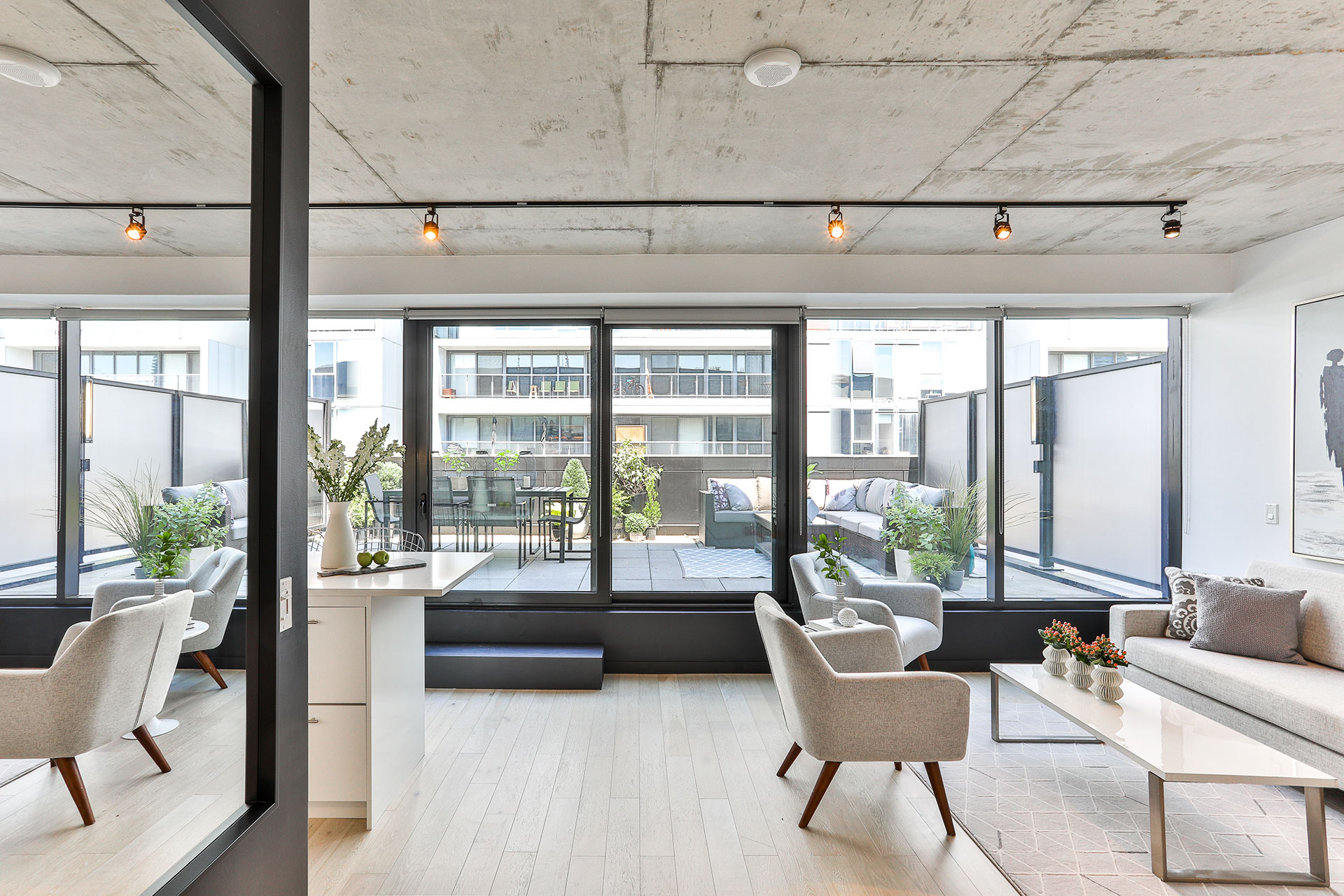Has The Toronto Bubble Finally, Popped?

So, you’re in the process of purchasing a pre-construction condo. You’ve got your Pre-Construction Agreement of Purchase and Sale in front of you – but where do you begin? The document is 100++ pages of legal jargon. Signing a lengthy legal document of this nature can be an overwhelming experience, especially when writing some very large post-dated deposit cheques. Having been in this situation – both personally and when coaching clients – it always feels like you’re taking a massive leap of faith.
To some extent, you are. After all, buying something that hasn’t been built yet, is essentially an act of trust. Especially from a legal perspective, this process is complex, exhilarating and terrifying all at the same time. Nevertheless, there are more joys than pitfalls in pre-construction ownership. You need to know where to start and what to pay attention to.
One of the great advantages of buying pre-construction is that unlike buying resale ( something existing), you do not have to come up with your entire deposit all at once. Instead, your payments are spread out over time. Although no two developers or projects are the same, a typical pre-construction deposit structure would like something like this:
In a typical pre-construction agreement, a deposit structure can be spread out over 3-4 years. While purchasing pre-construction affords you more time to come up with the deposit, given its spread out payment structure, you still are putting significant skin in the game and entering into a 3-4 year contractual agreement. In committing contractually to a developer who has much more experience and deeper pockets than you do, it’s imperative to understand the full ramifications of your contractual commitment.
The thing to keep in mind about Purchase and Sale pre-construction Agreement is that it’s positioned for a developer’s advantage. The contract is written by a developer’s lawyers whom the developer has hired to ensure that the developer is covered from the most known and unknown contingencies. Notably, this may also include the ability to pass on many costs well over the published listing price. While these agreements are pretty standardized, several areas vary from developer to developer and project to project, that being the purchaser’s charges and rights.
For this reason, it’s up to you to do your due diligence to protect yourself from the developer and any unforeseen eventualities as best as possible. You want to make sure that the developer isn’t including any unusual or onerous clauses in the contract. It’s not uncommon in a lengthy legal document to miss these items that developers tend to slip in. When it comes to Purchase and Sale’s pre-construction Agreement, it’s essential to involve a lawyer. You want a lawyer who knows the ins and outs of pre-construction and is, therefore, familiar with the work, costs, trends and developer’s reputations. This is a particular niche, and it’s essential to have a lawyer review your contract who does this daily. Understanding exactly what you are signing up for will give you peace of mind that this 3- to 4-year financial commitment is, in fact, the right decision for you.
The Toronto real estate market, is like no other in the world. It’s difficult to explain the concept of bidding wars on condos (a topic for another time) or how a 300-unit building sells out in a weekend before it’s even open to the public. In this type of climate where central and downtown Toronto inventory remains very tight, developers will continue to be in the driver’s seat. This is especially true when it comes to dictating the terms and conditions of their contracts. And given the current market conditions, don’t expect this situation to change any time soon.
Gone are the days of negotiating with developers over terms and costs set out in the Agreement. The market realities are now that the Agreement is what it is – take it or leave it. And, if it’s not right for you, someone else will want it. However, although you might not have a tremendous amount of negotiating power, it’s essential to know the ins and outs of your contractual legal and financial obligations. This is all laid out in the pre-construction Agreement of Purchase and Sale, and it’s your responsibility to do your due diligence. Involve a lawyer and an expert pre-construction agent.


Although you may have little negotiating leverage in Purchase and Sale’s pre-construction Agreement, it’s still important to understand your legal and financial obligations. From our experience, when reviewing your Agreement with a lawyer, here are seven critical things to focus on:
Of course, there are many considerations to factor in when it comes to buying pre-construction. That’s why, after signing the Agreement, you still have ten days to re-think your decision.
Now, if you’re thinking, “did I make the right decision” after signing and feeling buyer’s remorse, don’t fret. You have the 10-day cooling-off period to make up your mind.
In Ontario, you have what’s known as the 10-day cooling-off period. Under Section 73 of the Condominium Act, pre-construction purchasers are allowed a cooling-off period during which you can rescind the pre-construction Agreement of Purchase and Sale for any reason. This means you have ten calendar days, starting from the day you received an executed copy of the Agreement, to review all the documentation and your financial circumstances. During this time, you want to ensure that you are confident and ready to move forward with the purchase. Because after the 10-days, you no longer have the right to walk away from the sale without legal and financial pains.
You do not need a mortgage, given that what you are buying doesn’t exist and most likely won’t for several years. You will, however, require a mortgage pre-approval that will satisfy a developer’s requirements. Most resale mortgage pre-approvals are only good for 90 days. When purchasing pre-construction, the actual Agreement will be written that the purchaser must provide a pre-approval as per the developer’s terms within a stated period. The developer requires this approval to satisfy its lenders to show that all of the purchaser’s covenants on all its sales are solid, thus reducing the risk for defaults at the close. It is essential to know that you will qualify to get mortgage pre-approval ignorer to buy a pre-construction property. It is imperative that you have this done in advance of purchase or during the ten-day rescission period.
On average, there are between 16,000 -25,000 pre-construction purchases made every year. For the most part, most of these properties close without issue; however, not all projects and developers and investment opportunities are equal. Even more worrisome is that once in a while, there are situations where a purchaser can run into trouble. With several decades of experience in working in pre-construction, below are a few of our biggest watch-outs:
First and foremost, everything starts and ends with the developer. Questions to ponder; Do they have a sterling reputation? What is their track record, and what have they built before? Have you visited any of their buildings or know anyone who resides in one of their buildings? How deep are their pockets, and can they get the job done if they run into snags or an unforeseen financial downturn? The horror stories you hear about condo development projects gone wrong mostly happen with first-time developers or developers with nefarious reputations in the media. Make sure to do your due diligence, or as the saying goes, Caveat emptor; buyer beware.
Know your costs! It is imperative to understand all of the costs involved in your purchase will be due on closing over and above the purchase price. On average, you could be looking at an additional 9-10% of closing costs that can not roll into your mortgage, and if you are not prepared, you could be in for a rude awakening in 3-4 years. There are known costs to be factored in, like legal and land transfer taxes, but less often considered or advertised by the developer is the relevance of HST on an investor’s purchase. In addition to those mentioned above, there are development charges, some capped and others unknown, coupled with all kinds of additional costs built into the Agreement; a competent lawyer will outline that at the time of review. In short, this is a significant investment that has a lot of additional costs that you need to understand clearly.
Buying a bad floor plan: It is estimated that only a tiny fraction of the general population can visualize a space in 3d. On top of that, it takes a considerable amount of experience to understand how space will feel and function once built and how livable it will be? Given that the average condo in downtown Toronto ranges from 500 – 700, it’s surprising how much can go wrong in such a small amount of space. Here are some considerations that go into a floorplan, how much natural light is there, what are the ceiling heights, what is the exposure and views, is there outdoor space and how does the living space flow into it, is there an island, walk-in closet, are the ceilings flat or stipple to both? Knowing what to look for and choosing the right floor plan can often make or break your return on investment or enjoyment of the use of your space.
An experienced platinum agent will be able to gain you access to development projects that will sell out long before they ever reach the public. To learn more about how to get front-of-the-line access to development projects we invite you to read our article about how to Get Into Pre-Construction Early. They will also steer you towards suitable projects and developers and away from those to be avoided. Buying pre-construction is a very niche market that requires specialized knowledge to guide you through the process and empower you with the correct information to make the best investment decision. While developers have sales teams that sell their projects, it is always important to remain cognizant that they represent the developers’ best interest and are not concerned with yours.
At Fox Marin, we are avid pre-construction investors and Platinum Real Estate Brokers that have helped hundreds of clients successfully invest in pre-construction projects; we can help you create the right strategy and assist you to navigate your way to the right investment opportunity.
—
This article is written by Ralph Fox, Broker of Record and Managing Partner here at Fox Marin Associates. Ralph is a Torontonian native who recognized from an early age that the most successful people in life apply long-term thinking to their investments, relationships, and life goals. It’s this philosophy, along with his lifelong entrepreneurial drive and exceptional business instincts that help to establish Ralph as a top agent in the real estate market in downtown Toronto.